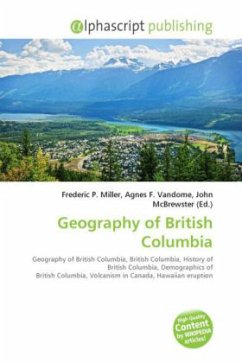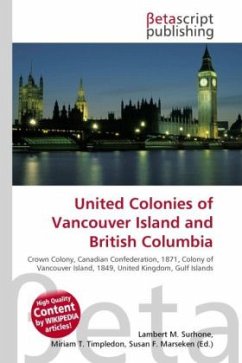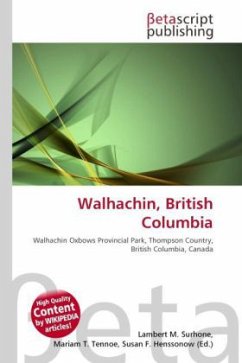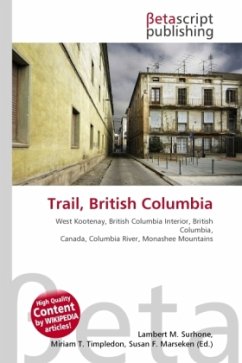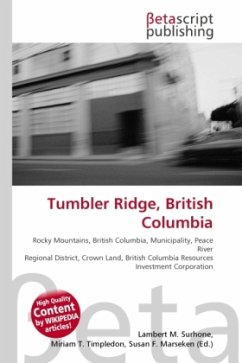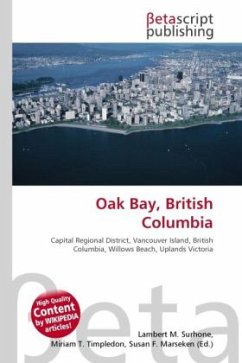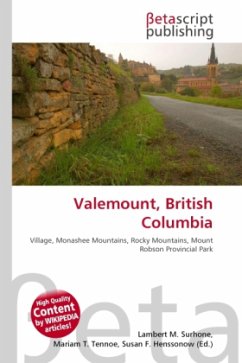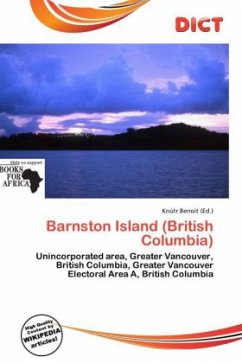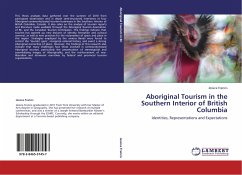
Aboriginal Tourism in the Southern Interior of British Columbia
Identities, Representations and Expectations
Versandkostenfrei!
Versandfertig in 6-10 Tagen
39,99 €
inkl. MwSt.

PAYBACK Punkte
20 °P sammeln!
This thesis analyses data gathered over the summer of 2010 from participant observation and in depth semi-structured interviews at four Aboriginal community-based tourism businesses in the Southern Interior of British Columbia, Canada. It also relies on the analysis of tourism reports and literature made available through the Aboriginal Tourism Association of BC, and the Canadian Tourism Commission. The findings indicate that tourism has opened up new lexicons of identity formation and cultural renewal, as well as new practices for the reclamation of space and place in this region. Strategies ...
This thesis analyses data gathered over the summer of 2010 from participant observation and in depth semi-structured interviews at four Aboriginal community-based tourism businesses in the Southern Interior of British Columbia, Canada. It also relies on the analysis of tourism reports and literature made available through the Aboriginal Tourism Association of BC, and the Canadian Tourism Commission. The findings indicate that tourism has opened up new lexicons of identity formation and cultural renewal, as well as new practices for the reclamation of space and place in this region. Strategies employed by the various Bands were found to control the tourists gaze , recognize colonial history, and assert a strong Aboriginal ownership of place. However, the findings of this research also indicate that many challenges face those involved in community-based Aboriginal tourism, particularly the perpetuation of stereotypical and essentializing images of Aboriginality, and the reinforcement of neo-liberalism and dominant narratives by federal and provincial tourism organizations.




